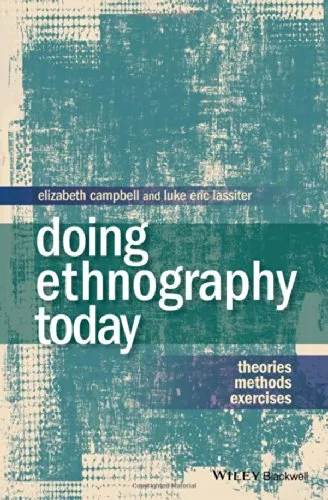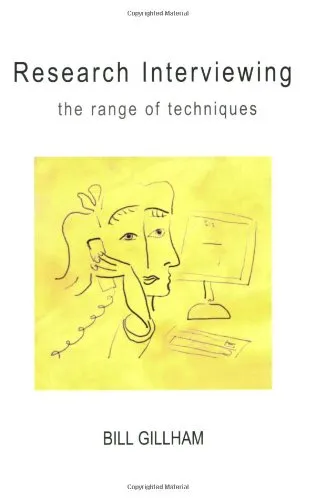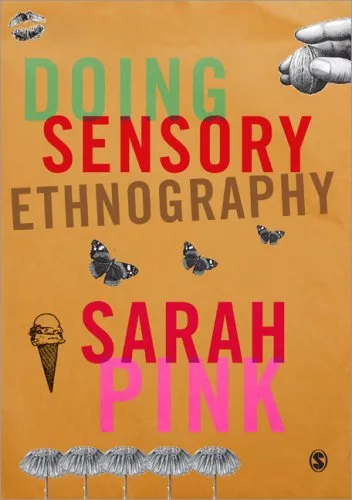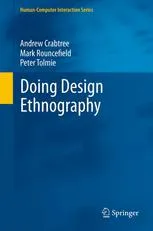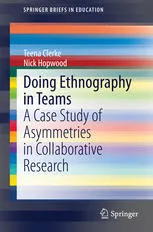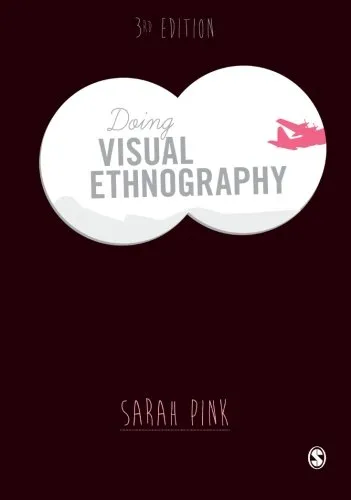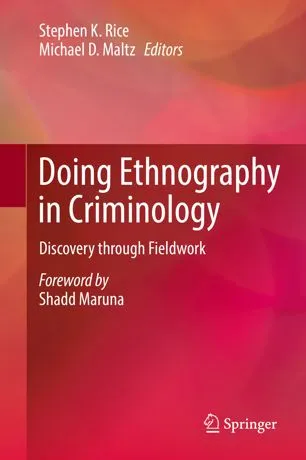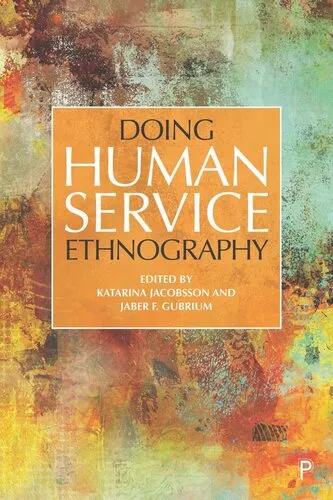Doing Ethnography Today: Theories, Methods, Exercises
4.5
Reviews from our users

You Can Ask your questions from this book's AI after Login
Each download or ask from book AI costs 2 points. To earn more free points, please visit the Points Guide Page and complete some valuable actions.Related Refrences:
Introduction to "Doing Ethnography Today: Theories, Methods, Exercises"
Written by Elizabeth Campbell and Luke Eric Lassiter, "Doing Ethnography Today: Theories, Methods, Exercises" stands as an essential guide for anyone seeking to understand contemporary ethnographic approaches. This book bridges the gap between traditional anthropological practices and the dynamic world of modern ethnography, offering readers both theoretical insights and actionable methods to dive into the art and science of studying human culture in the modern age.
With a unique combination of theory, methodology, and practical exercises, this book is designed to equip both novice and seasoned researchers with the skills necessary to engage in meaningful cultural analysis in diverse settings. Whether you are a social scientist, educator, or curious observer, this book provides a roadmap to better understand and ethically engage with the complex realities of human experiences as they unfold today.
Detailed Summary of the Book
The book is meticulously structured into sections that guide the reader through the essential components of ethnographic research. At its core, the authors emphasize that ethnography is not just a method of data collection but a holistic approach to understanding the lived realities of people within their natural contexts. The focus is as much on culture and social practices as it is on reflexivity, participation, and rigorous analysis.
In the opening chapters, Campbell and Lassiter lay the theoretical foundation of modern-day ethnography by revisiting and adapting classical anthropological themes to align with the demands of contemporary research environments. They stress the importance of cultural relativism, the intersubjective nature of the ethnographic encounter, and the need for ethical accountability in fieldwork.
Subsequent chapters transition into detailed methodological guidance, walking the reader through vital processes such as participant observation, interviewing, ethnographic writing, and data interpretation. Readers are introduced to tangible exercises and case studies that bring these principles to life, encouraging them to actively engage in learning through practice.
What sets this book apart is its emphasis on collaboration. Drawing from Lassiter’s earlier work on collaborative ethnography, the book delves into how researchers and communities can work together toward mutual learning and understanding. Finally, the concluding chapters reflect on the challenges and rewards of doing ethnography in a rapidly changing world, acknowledging the role of technology, globalization, and diverse epistemologies in shaping the future of the discipline.
Key Takeaways
- Ethnography as a Collaborative Process: Ethnography is not merely about observing but about co-creating understanding alongside the communities being studied.
- Modern Theoretical Insights: The book ties classical anthropological theories with contemporary methodologies, providing a flexible and relevant framework for today’s researchers.
- Practical Advice for Fieldwork: Real-life scenarios, exercises, and strategies for navigating challenges faced during fieldwork are core features of the book.
- Ethics in Research: A strong emphasis is placed on ethical considerations, particularly in terms of respecting participants and ensuring the integrity of data collection.
- Role of Reflexivity: Recognizing and critically engaging with the researcher’s own biases and influence on the research process is highlighted as a key component of good ethnographic practice.
Famous Quotes from the Book
Throughout the text, Campbell and Lassiter offer profound insights into the ethnographic process. Some notable quotes include:
"Ethnography is not just about understanding others; it is also about understanding ourselves in relation to others."
"The ethnographic encounter is as much about listening deeply as it is about observing attentively."
"Collaboration is not an addition to ethnography—it is the very essence of how ethnography, at its best, is practiced."
Why This Book Matters
In an era where human experiences are shaped by global interconnectedness, technological advancements, and shifting cultural narratives, the practice of ethnography has never been more critical. “Doing Ethnography Today” is a timely text that responds to the challenges posed by these modern dynamics. It reshapes traditional approaches to ethnography while maintaining a reverence for its foundational principles.
The book’s collaborative ethos is particularly significant. By advocating for partnerships between researchers and participants, it not only enriches the depth of ethnographic inquiry but also democratizes the process of knowledge production. This makes the book highly relevant for academics, professionals, and anyone looking to ethically navigate complex cultural landscapes.
Moreover, the practical exercises and thoughtful guidance make this an invaluable resource for students and researchers at every stage of their career. Whether you are designing your first fieldwork project or looking to refine your existing methodological toolkit, this book offers tools that are applicable across various disciplines, from anthropology and sociology to education and the arts.
"Doing Ethnography Today" is more than just a manual—it is an invitation to see the world through the lens of empathy, inquiry, and collaboration. In doing so, it empowers readers to embrace the complexities of human life with curiosity and respect.
Free Direct Download
You Can Download this book after Login
Accessing books through legal platforms and public libraries not only supports the rights of authors and publishers but also contributes to the sustainability of reading culture. Before downloading, please take a moment to consider these options.
Find this book on other platforms:
WorldCat helps you find books in libraries worldwide.
See ratings, reviews, and discussions on Goodreads.
Find and buy rare or used books on AbeBooks.
1302
بازدید4.5
امتیاز0
نظر98%
رضایتReviews:
4.5
Based on 0 users review
Questions & Answers
Ask questions about this book or help others by answering
No questions yet. Be the first to ask!
